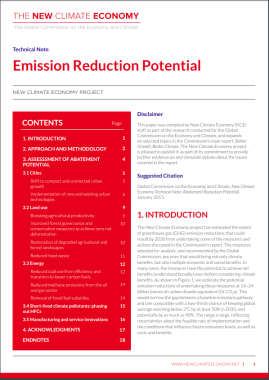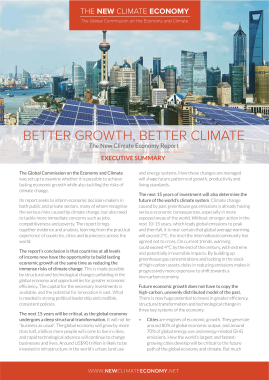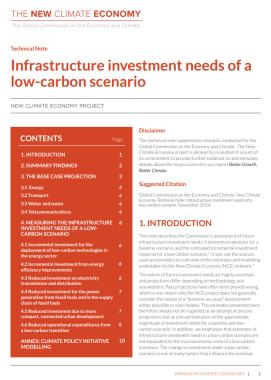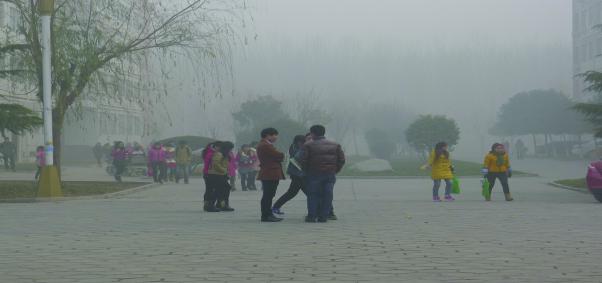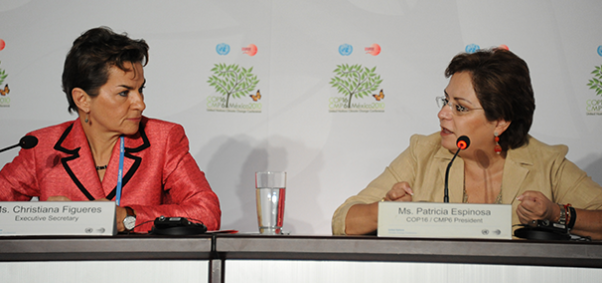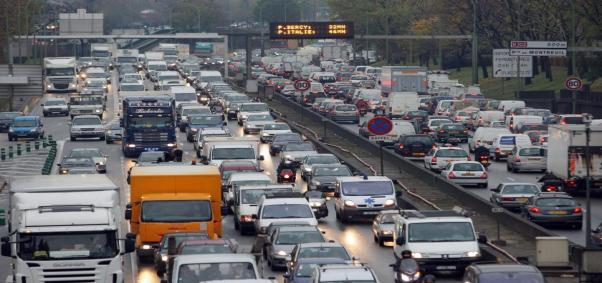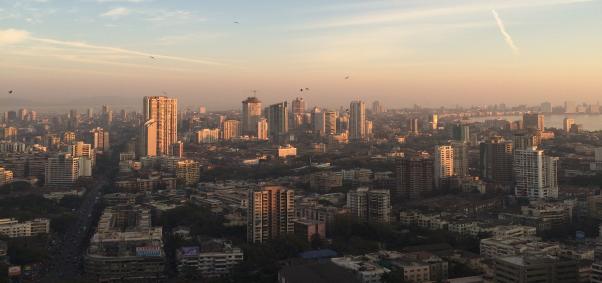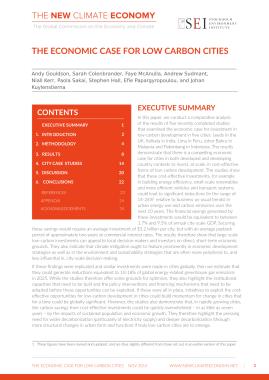
This paper conducts a comparative analysis of the results of five studies that examined the economic case for investment in low-carbon development in five cities: Leeds in the UK, Kolkata in India, Lima in Peru, Johor Bahru in Malaysia and Palembang in Indonesia.
Downloads
460.21 KB
7.34 MB
705.66 KB
![]() Une Meilleure Croissance, Un Meilleur Climate: Executive Summary
Une Meilleure Croissance, Un Meilleur Climate: Executive Summary
725.84 KB
324.68 KB
902.91 KB
859.04 KB
![]() Pertumbuhan Lebih Baik Iklim Lebih Baik: Ringkasan Eksekutif
Pertumbuhan Lebih Baik Iklim Lebih Baik: Ringkasan Eksekutif
7.68 MB
3.64 MB
3.54 MB
1.44 MB
2.8 MB
2.13 MB
3.48 MB
3 MB
10.28 MB
3.31 MB
983.99 KB
5.92 MB
2.24 MB
1.04 MB
8.49 MB
2.04 MB
2.66 MB
111.69 KB
2.55 MB
5.8 MB
4.08 MB
2.04 MB
![]() India: Pathways to sustaining rapid development in a new climate economy
India: Pathways to sustaining rapid development in a new climate economy
570.48 KB
![]() Seeing Is Believing: Creating a New Climate Economy in the United States (Summary)
Seeing Is Believing: Creating a New Climate Economy in the United States (Summary)
3.54 MB
![]() Seeing Is Believing: Creating a New Climate Economy in the United States
Seeing Is Believing: Creating a New Climate Economy in the United States
1.05 MB

